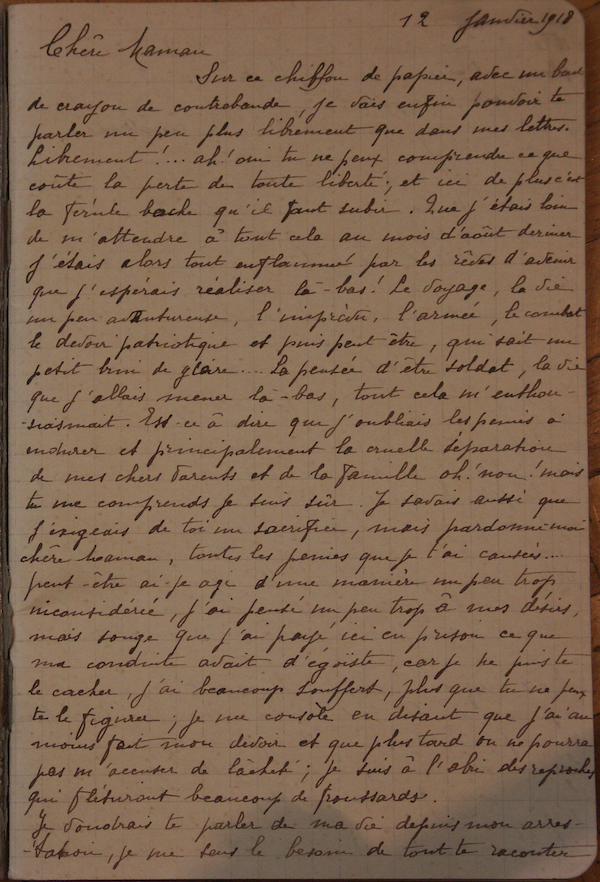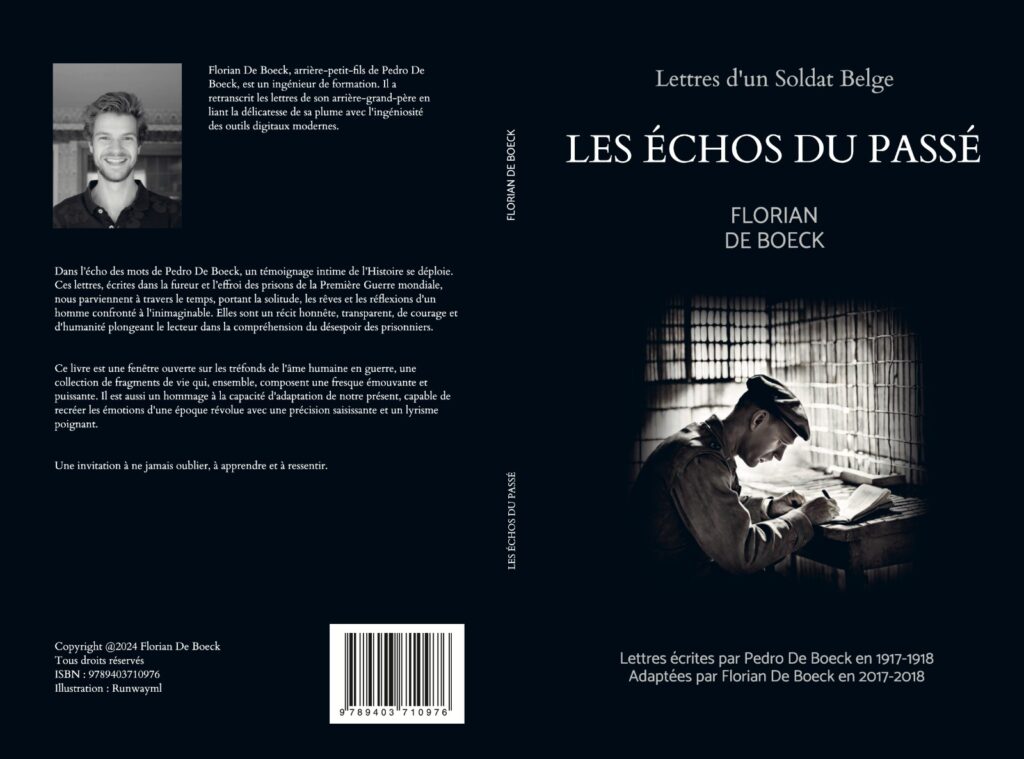Always good to know the basics of Computer Science : https://open.spotify.com/episode/0ax1sBKJ1ombOYGwWl0hEq
–> Great podcast to better understand what’s currently happening in the VR, AR, 3D and AI world!
1. Background on von Neumann Architecture
- Core Concept: In the von Neumann architecture, programs are stored in memory alongside data. The processor fetches instructions and data from memory to execute programs, enabling computers to perform a wide range of tasks.
- Memory Function:
- Stores both data and instructions.
- Allows for multiple programs, enabling multitasking.
- Processor Function:
- Executes programs by reading simple lines of code (following the Instruction Set Architecture – ISA, akin to bytecode).
- Executes instructions sequentially, one operation at a time.
2. CPU Operations and Limitations
- Basic Operations:
- Loads data from memory into registers.
- Fetches data, places it in the CPU register, and performs math operations.
- Sequential Execution:
- Processes one operation and one cycle at a time.
- GHz measures the number of cycles per second.
- Bottlenecks:
- Steps must happen sequentially, limiting speed and efficiency.
- Adding more memory doesn’t enhance speed indefinitely due to physical limitations.
- Physics limits further speed increases, creating an upper boundary for CPU-based computation.
3. New Directions for Overcoming CPU Limitations
- Parallel Processing as a Solution:
- Transitioning to architectures that allow parallel execution of programs unlocks greater potential for processing power.
- On-chip memory becomes crucial for handling the increased data demands of parallel computing.
- Memory scaling is pivotal in AI, where memory bottlenecks affect performance significantly.
4. Technological Advances and AI Hardware Requirements
- Memory Proximity to Processor:
- Fast data transfer and massive memory capacity close to the CPU are essential for AI and 3D processing tasks.
- Improved memory packaging (e.g., high bandwidth memory close to the CPU) enables faster parallel processing, critical for AI workloads.
- EUV Lithography (Reference):
- Extreme Ultraviolet (EUV) lithography discussed in other episodes; it highlights challenges in physics and wavelength that impact modern chip manufacturing.
5. Emerging Concepts and Industry Shifts
- Rethinking Computer Architecture:
- There’s exploration into “computing in memory,” where memory and processing capabilities are combined or situated much closer, enabling a fundamental redefinition of what a computer is.
- Companies like TSMC (Taiwan Semiconductor Manufacturing Company) are at the forefront, investing in these evolving architectures.
- Future Directions:
- Redefining the concept of a computer by innovating with memory and processing configurations.
- NVIDIA’s role in pushing these architectures forward, especially in AI, shows its influence in setting new industry standards.

